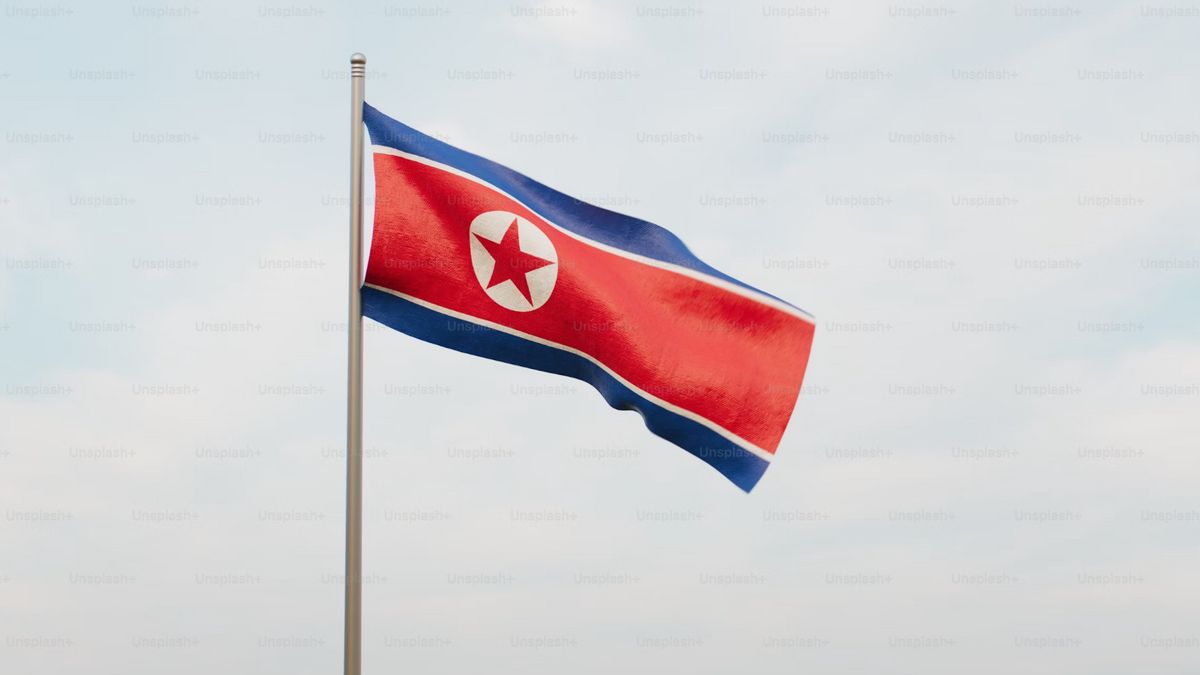North Korea said the latest attempt to launch a new rocket carrying the country's military reconnaissance satellite ended in a failure to result in a rocket explosion in the air during the first phase of the flight.
Deputy Director General of the North Korean National Aerospace Technology Administration (NATA) said the rocket carrying the satellite, Malligyong-1-1, exploded after taking off from the Sohae Satellite Launch Runway on the country's northwestern coast on Monday (27/5), according to a report by the Korean Central News Agency (KCNA).
The launch came just hours after South Korean President Yoon Suk Yeol, Japanese Prime Minister Fumio Kishida and Chian Prime Minister Li Qiang held a trilateral summit in Seoul, reaffirming their commitment to promoting peace on the Korean Peninsula.
The launch contradicts international warnings and criticism that any launch that uses ballistic missile technology, including space launch vehicles, is against United Nations Security Council resolutions.
The launch failed due to air explosions from a new type of satellite carrier rocket during the first phase of the flight, KCNA reported, citing NATA officials reported by ANTARA from Yonhap-OANA, Tuesday, May 28.
Preliminary examination by experts from North Korea's launch preparation committee concluded that the crash was caused by the operational reliability of the liquid oxygen engine plus new petroleum, the official said.
Another cause of failure will also be examined, according to a KCNA report.
Shortly after the launch, South Korea's Joint Chiefs of Staff (JCS) said North Korea's rocket ended in the form of debris, which is an indication that the satellite launch was not going well.
Joint Chiefs of Staff detected rockets launching south across the Yellow Sea from the Tongchang-ri area in the northwest of the country at around 10:44 p.m. local time on Monday.
Pyongyang previously notified Japan of the planned launch of the satellite before June 4 and designated three regions, where rocket debris would fall, as a precautionary measure for safety. The launch took place on the first day of the eight-day launch window.
North Korea plans to launch three satellites into orbit this year. In November 2023, they managed to put their first military spy satellite into orbit.
SEE ALSO:
Shortly after the launch, the presidential National Security Office briefed South Korean President Yoon on the matter. National Security Adviser Chang Ho-jin chaired a meeting of senior presidential security officials.
Meeting participants criticized the launch as a violation of UN Security Council resolutions, and provocative measures that threaten peace and security on the Korean Peninsula, in Northeast Asia and the international community, according to the office.
The United States Indo-Pacific Command criticized North Korea's rocket launch, saying it was assessing the situation through close coordination with allies and partners.
"We recognize North Korea's launch on May 27 using ballistic missile technology, which is a blatant violation of several UN Security Council resolutions, raising tensions and risk disrupting the stability of security situations in the region and its surroundings," the command said in a statement.
On Monday, May 27, the South Korean military warned they would take strong steps in response to North Korea's planned launch, and hold air exercises involving advanced fighter jets, near the inter-Korean border for a show of strength.
This failed launch comes despite speculation that increased military cooperation between North Korea and Russia may have helped Pyongyang increase the launch capabilities of space rockets, as well as other military programs.
The English, Chinese, Japanese, Arabic, and French versions are automatically generated by the AI. So there may still be inaccuracies in translating, please always see Indonesian as our main language. (system supported by DigitalSiber.id)

















